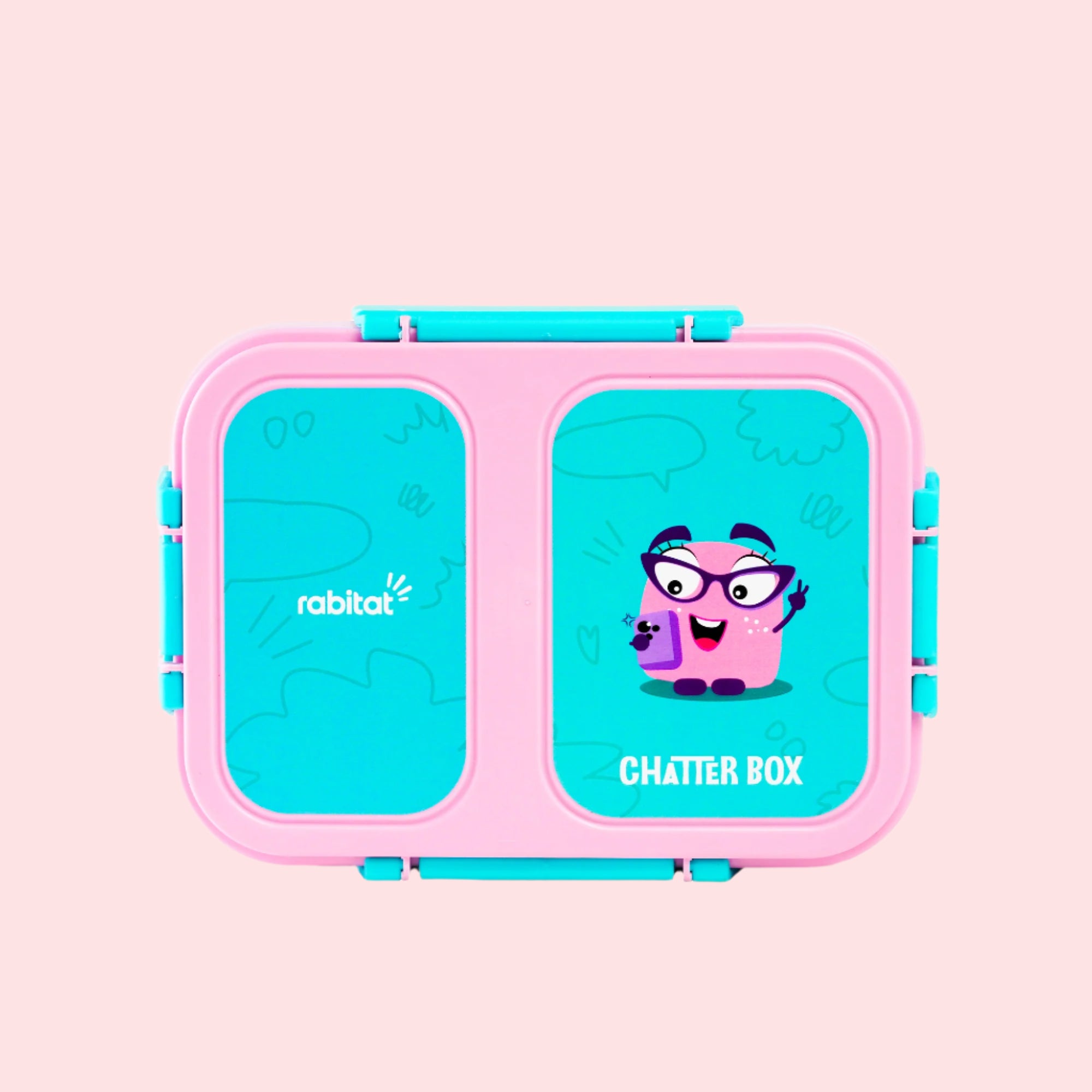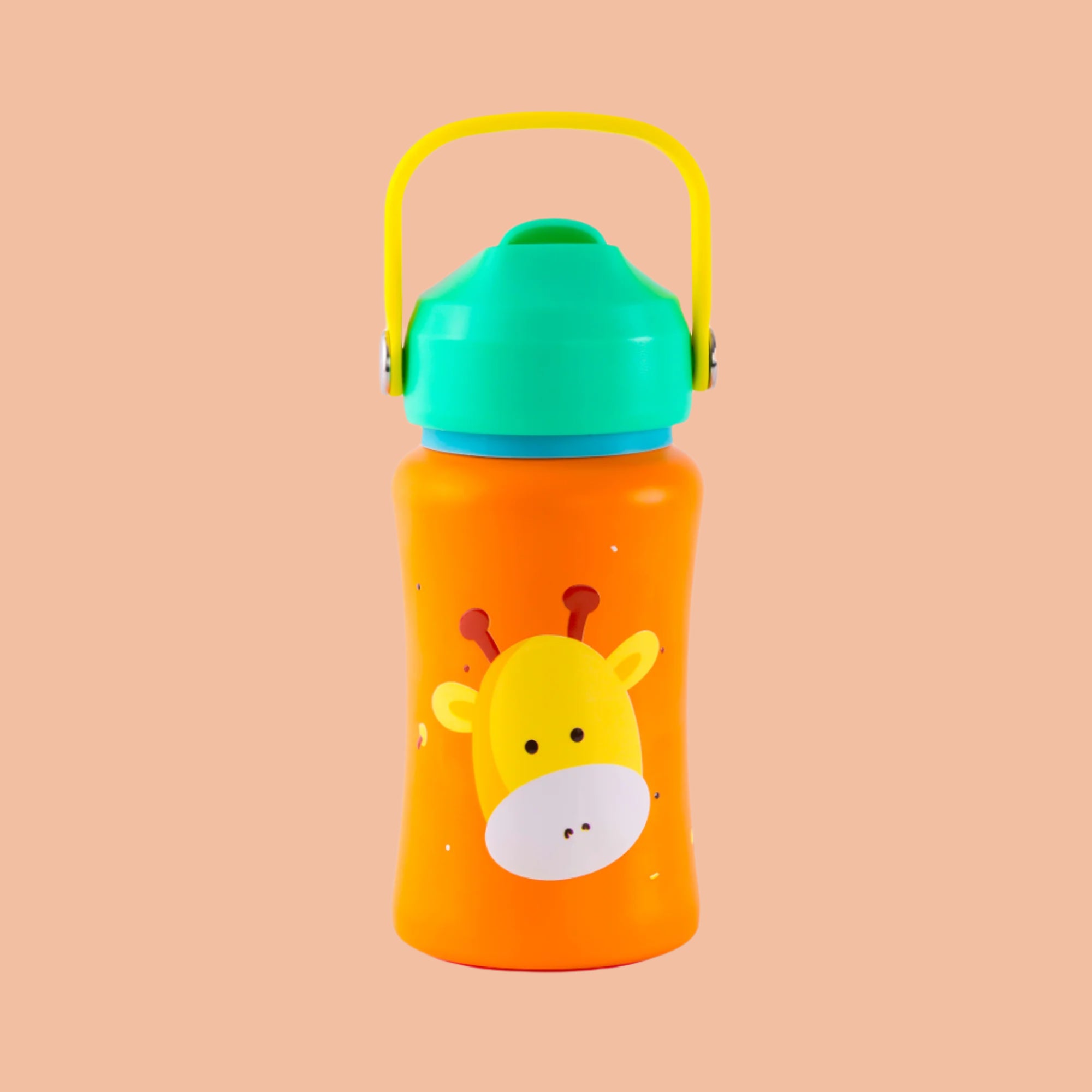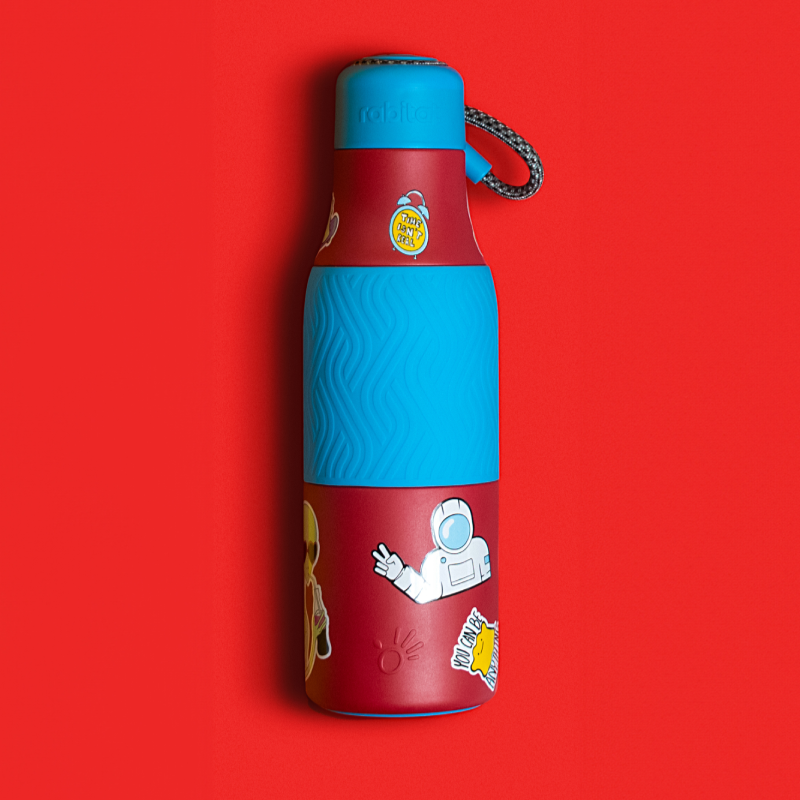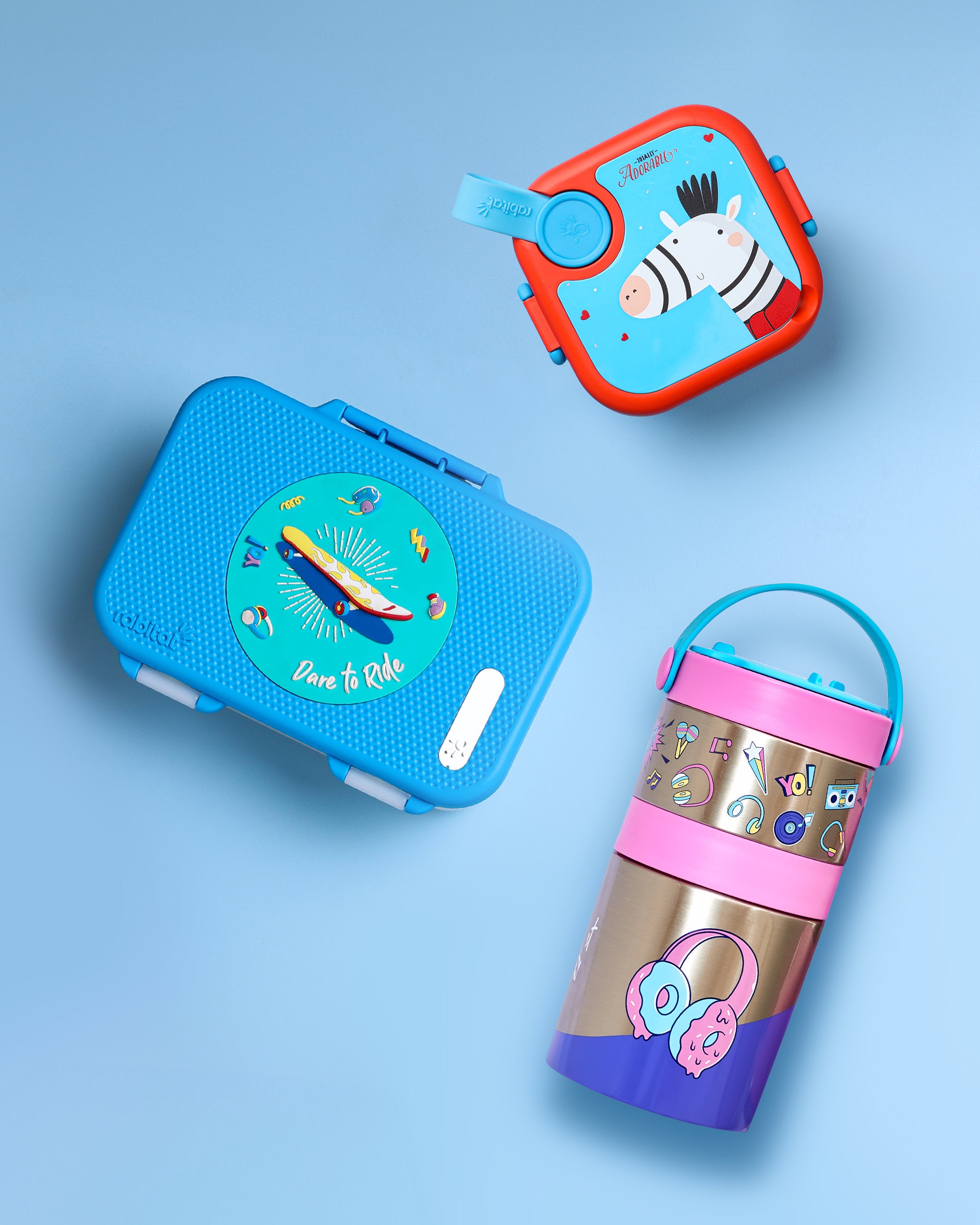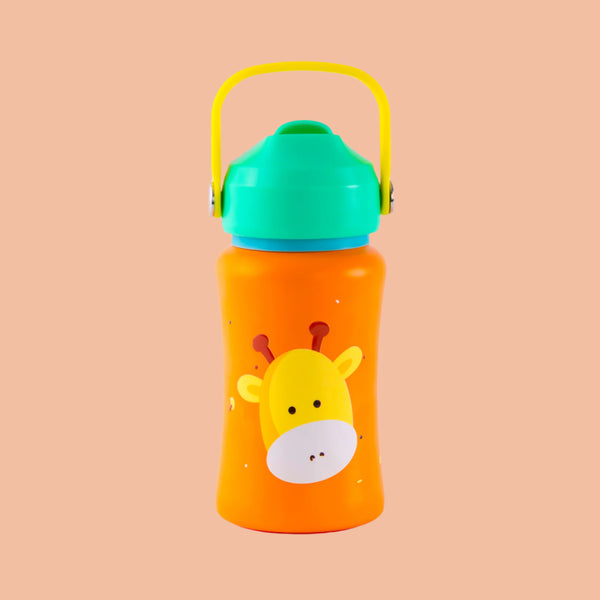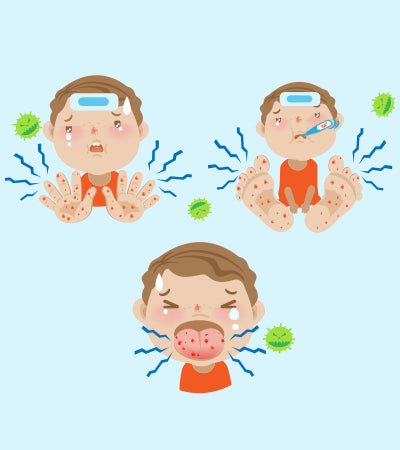As the news about the spread of monkeypox is taking over the internet and the newspaper, our anticipation regarding it is increasing. While anyone can contract the disease, children are more likely to be affected. This has led to many parents worrying about the safety of their kids. Everyone is questioning whether it is safe to keep the schools and institutions open now that WHO has declared this a global health emergency.
It is not the time to panic but to educate yourself about the disease. Here’s a guide for parents and everyone who wants to know more about Monkeypox.
What is Monkeypox?
Monkeypox is a disease that comes from the family of the smallpox virus but has milder symptoms and is not fatal. It is not similar to chickenpox. This disease can be transmitted from animals to humans and is also communicable amongst humans.
It is not the time to panic but to educate yourself about the disease. Here’s a guide for parents and everyone who wants to know more about Monkeypox.


Discovered amongst colonies of lab monkeys in 1958, Monkeypox affected the first human in 1970. Today, its cases are commonly found in eastern and western Africa.
What are the symptoms of Monkeypox?
The initial symptom of the pox, as seen in the first Delhi patient, is a fever that lasts for more than a week. You will notice a constant headache, muscle ache, and body aches. The symptoms also include low energy, swollen lymph nodes, and a rash on your body.
Just as you develop bumps or pimples during chickenpox, you will notice these, filled with fluids, across your body. These might look like blisters and fall off once dry.
There are chances of you getting better within 3-4 weeks, but it can take some people more time to recover from it. People are advised to take rest and continue the medication till all the lesions on the body heal and fall off.
How fatal is Monkeypox?
This virus tends to leave your body within a few weeks in the majority of cases, although sometimes it can become deadly. The risks are higher in the case of people with lower immunity, newborn babies, and children.
Sometimes, even after the disease has been cured, it can create complications in the body such as issues related to skin and eye, and pneumonia in some cases.
How can the disease spread?
Rodents and primates carry the disease and coming in physical contact with them can lead to a human contracting the virus. When there is a spread of Monkeypox, coming in contact with an affected person will spread the disease to you.
Physical contact with other humans – face to face, mouth to mouth, skin to skin, mouth to the skin, face to the skin – leads to the spread of the disease.
It can also spread through the environment. When a person is affected, whatever they come in contact with can carry the disease and affect the next person who touches the objects. It is also transmitted through respiratory droplets and coming in contact with ill or dead animals.
How can you protect your children?
Children, especially the ones under the age of eight, are more likely to get affected. Moreover, they are more likely to come in close physical contact with certain surfaces and other children their age.
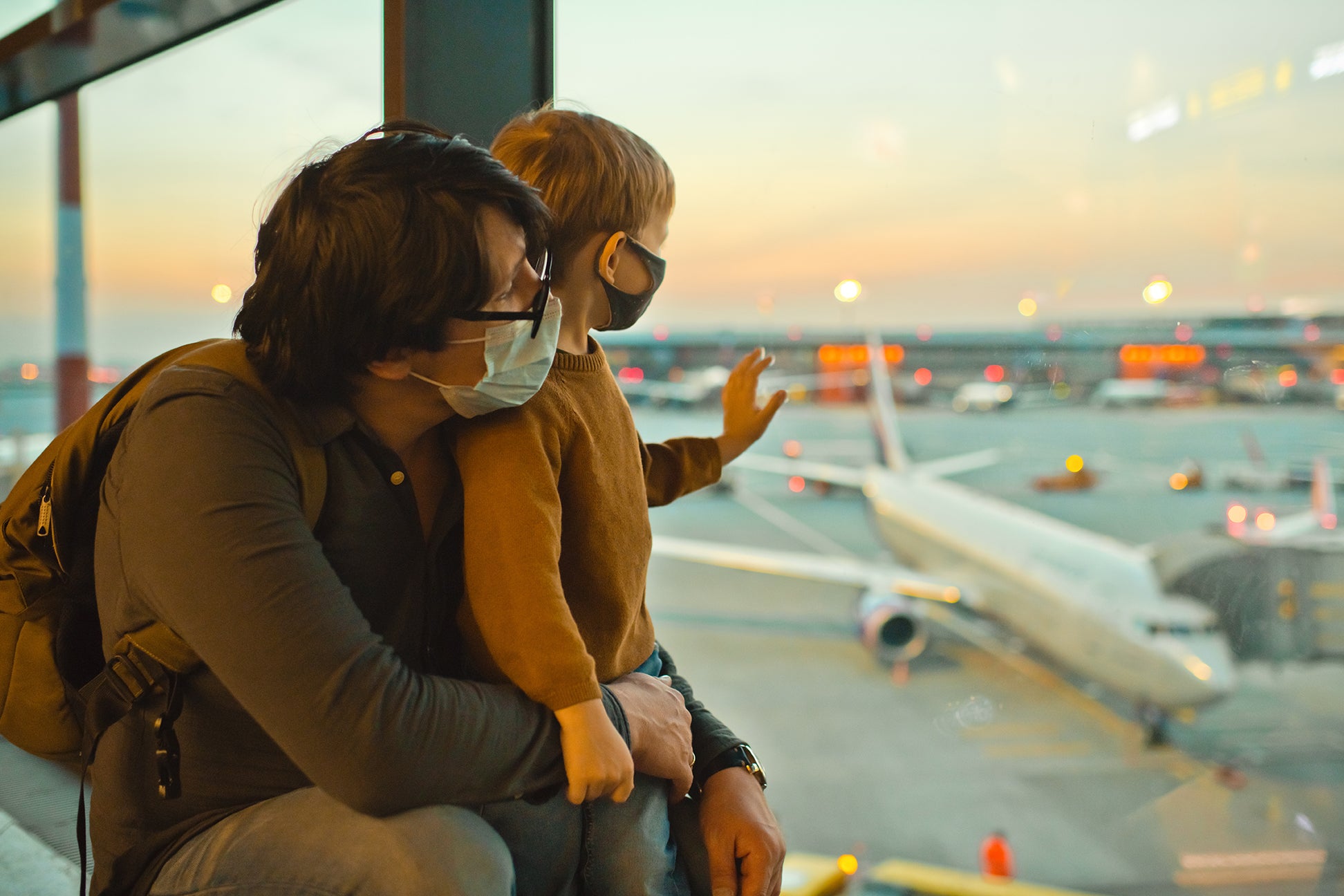

Remember, prevention is always better than cure. Parents need to ensure that children stay away from affected individuals. Although there is less number of cases in India (below 10), it is always considered hygienic to prevent much physical contact.
This brings us to our next point, teach them to avoid contact with others. Children often hug, kiss, wrestle around, and get close to other kids while playing. Educating them about social distancing and teaching them to sanitize their hands regularly is necessary. Most importantly, ask your child to stay away from sick or dead animals as well as rodents and monkeys.
In addition to this, parents should ensure they do not bring the virus home. Cleaning up well and discarding your clothes before coming in contact with the children are important steps parents must follow when they return home. Even when you enjoy a day out with your children, keep sanitizers and wipes with you.
Moreover, it is important to practice wearing masks at all times and to teach the kids to do the same. The government of India promotes the use of face masks due to their multiple benefits. It can even prevent you and your family from getting affected by Monkeypox.
What to do if affected by the virus?
As we said earlier, there are merely 4 recorded cases of monkeypox in India. In case you or your family member comes in contact with the virus or notices symptoms, immediately isolate the patient and contact your doctor.
As per the guidelines by the Indian government, patient isolation needs to be prioritized. The affected skin needs to be protected and the patient should avoid scratching or picking at the lesions. The patient’s symptoms and condition should be monitored regularly. Ensure that they get proper nutrition and medication on time.
Should I let my kid go to school?
The Government of India has not issued any notice regarding the closure of schools. Since the virus is under control in the country, the schools, colleges, and markets are still functional. But many parents are wondering whether it is a good idea to let their children stay at home.
It is advised to not let the kids go outside if they are sick, have a fever, or display other symptoms of the virus.
Conclusion
The world has recently recovered from a global pandemic and the threat of another is upon us. The best policy during this time is not to panic but to keep yourself and your family healthy. Hydrate, eat nutritional food, and take hygienic measures.



